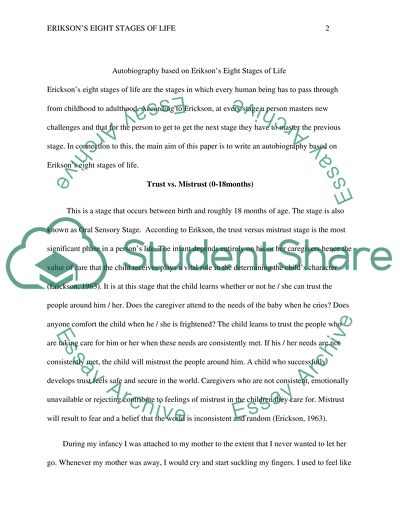Cite this document
(“Erikson Autobiographical Assignment Essay Example | Topics and Well Written Essays - 2000 words”, n.d.)
Retrieved from https://studentshare.org/education/1651222-erikson-autobiographical-assignment
Retrieved from https://studentshare.org/education/1651222-erikson-autobiographical-assignment
(Erikson Autobiographical Assignment Essay Example | Topics and Well Written Essays - 2000 Words)
https://studentshare.org/education/1651222-erikson-autobiographical-assignment.
https://studentshare.org/education/1651222-erikson-autobiographical-assignment.
“Erikson Autobiographical Assignment Essay Example | Topics and Well Written Essays - 2000 Words”, n.d. https://studentshare.org/education/1651222-erikson-autobiographical-assignment.


